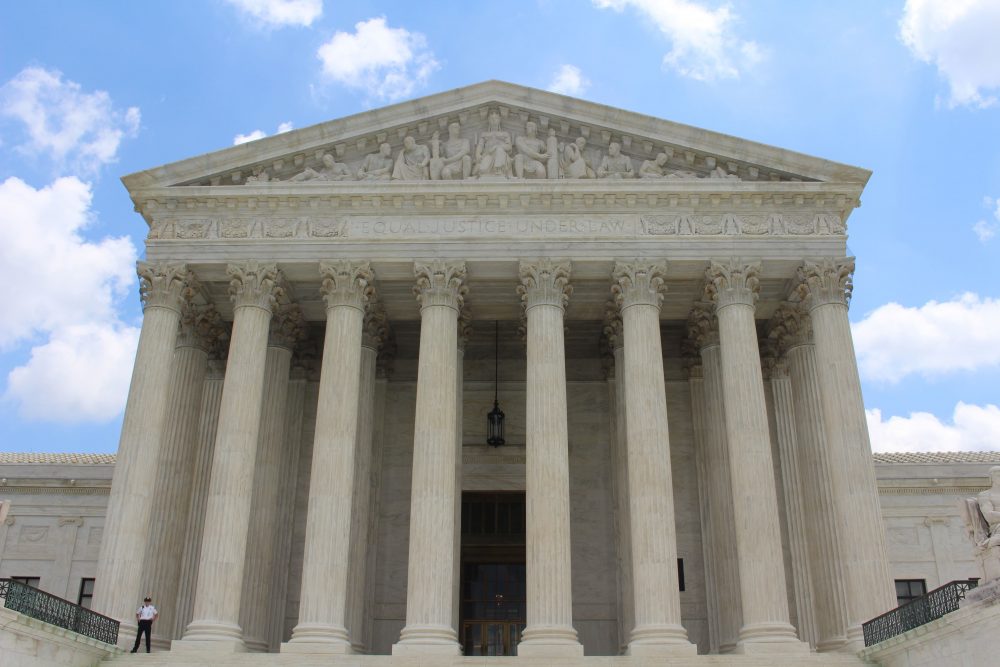Sanctions Update: Is the Iran Nuclear Deal in Jeopardy?
Although controversial to this day, the 2015 Iran nuclear deal is widely considered the signature foreign policy move made by Barack Obama during his tenure as President of the United States. Coined the “Joint Comprehensive Plan of Action” (JCPOA), the landmark agreement struck between the Islamic Republic of Iran and a list of several global powers – the United States, United Kingdom, Russia, France, China and Germany – was enacted with a primary goal of reducing the ability of Iran two produce plutonium and uranium, two key components to the creation of nuclear weapons. In exchange for their commitment in this regard, the U.S. and its counterparts in the deal would reduce/withdraw the crippling economic sanctions that have been placed on the country in years past, measures that had long stifled Iran’s overall growth and development. As part of the agreement, verification of compliance with certain requirement clauses found in the deal are to be sent to Congress every three months. Compliance in this regard includes proof of continuing efforts to terminate many of Iran’s nuclear programs, the cease of operation of the vast majority of the country’s estimated 20,000 uranium centrifuges, and the conversion of several nuclear facilities, including the notorious “Fordow” property, into research centers. Critics of the deal, including current U.S. President Donald Trump and other government officials both domestically and abroad, have been outspoken in their beliefs that the deal was a failure for the States due to Iran not having to agree to a full-on teardown of its nuclear program. However, Obama viewed the deal as 100% necessary in order to reduce what he called Iran’s “breakout time” – the time it would take the country to make enough highly enriched material to then create a potent nuclear bomb.
All in all, the deal runs on an honor system of sorts – if Iran meets its obligations, sanctions lifting procedures will continue, if it does not, the sanctions would be placed back on the middle eastern country immediately. The once promising deal may be in its dying days however, as a recent report from The Times indicates that Abbas Araghchi, the deputy foreign minister of the embattled country, has threatened to abandon the deal unless the U.S. stops its persistent violation of the agreement by lobbying for other countries to not conduct business with Iran. Araghchi recently went on record stating that the U.S. has actively worked to create a lose-lose situation for his country, generating an “atmosphere of uncertainty, poisonous for international business”, a position which ultimately presents little to no economic benefit to Iran (Philp, 2018). In their respective coverage of Araghchi’s bold statement, Reuters writes that despite the suspension of the sanctions, “big banks have continued to stay away for fear of falling foul of remaining U.S. sanctions – something that has hampered Iran’s efforts to rebuild foreign trade and lure investment” (Sharafedin, 2018). President Trump has long opposed the “weak” deal established by his predecessor, and made claims that he would end the nuclear deal during his presidential campaign. However, Trump has since signed off on the initial continuation of the uplifted sanctions, although he has publicly stated that he will not do so when the next sanction waiver deadline approaches in early May citing a number of flaws in the agreement such as its “sunset” clauses, where the current limits on the Iran nuclear program expire after only a 10-year period. Nevertheless, officials from Iran are unhappy with the way this deal has played out on their end, and their compliance with the deal is likely in question regardless of whether the waivers are extended or not.
The Times has also reported that “Mr. Araghchi warned the US against seeking to expand the debate to other issues such as Iranian regional interference and ballistic missile development”, as this will likely lead to more issues between the two countries outside of the nuclear crisis that is already in the works (Philp, 2018). A statement from U.S. government officials on the matter is expected within the next week, and Global RADAR will continue to provide coverage on all of the latest developments on the discord between Iran and the United States as they become available.
For daily updates on important AML news that impact your job, subscribe to BSA News Now.

